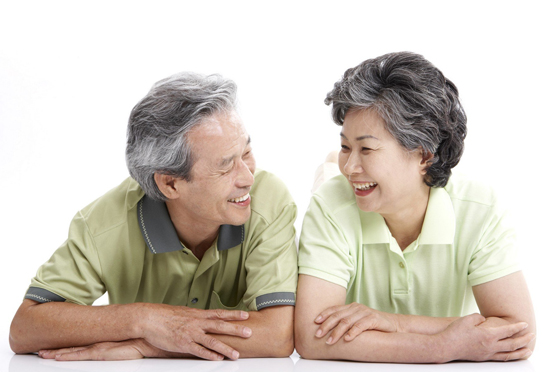Law on the Elderly (NCT) promulgated on November 23, 2009, includes 6 chapters and 31 articles. This Law takes effect from July 1, 2010. The Law stipulates some fundamental contents as follows:

Scope of Regulation and Determining Elderly Age
Law on Elderly People 2009 only stipulates that the elderly are Vietnamese citizens, without stipulating for elderly foreigners; it does not regulate elderly foreigners living in Vietnam.
Elderly foreigners living and working in Vietnam who face real difficulties in life will be supported by local authorities, social organizations, and individuals according to traditional respect and support for the elderly, and this issue is not stipulated in the Law.
The Law on Elderly People stipulates that the elderly are those from 60 years old.
Rights and Obligations of the Elderly
The Constitution stipulates common rights for all citizens. However, due to the characteristics of the elderly group, the Law on Elderly People emphasizes the right of the elderly to ensure basic needs such as food, clothing, shelter, travel, and healthcare, which are very essential. To ensure feasibility, the Law stipulates the responsibility of family care, and also the responsibilities of the State and society in caring for the elderly, especially regulations on social protection for those with special circumstances and difficulties in life.
Obligations and Rights to Care for the Elderly
The Law stipulates the issue of caring for the elderly in two articles, Article 5 stipulates general principles on the responsibility of care, and Article 10 specifically identifies those who have the obligation and right to care for the elderly in accordance with the provisions of the law on marriage and family.
Medical Examination, Treatment, and Healthcare for the Elderly
Based on the need for healthcare for the elderly as well as the current ability of medical facilities, the Law introduces specific regulations for those from 80 years old and above to be prioritized for examination before other patients, except for emergency patients, severely disabled people, and children under 6 years old. This regulation is also consistent with the provisions of the Law on Medical Examination and Treatment.
Point a, Clause 2, Article 12 stipulates the organization of geriatric departments assigned to hospitals (except pediatric specialized hospitals) depending on their physical conditions to organize geriatric departments or reserve some beds to treat elderly patients.
Article 13 stipulates assigning commune-level health stations to provide primary healthcare for the elderly, such as assigning staff for medical check-ups and treatments at the residence of elderly people with special circumstances; the commune-level People's Committees have the responsibility to bring the elderly to medical treatment places…
Beneficiaries of Social Protection Policies
The Law identifies the age of the elderly eligible for monthly social allowances as 80 years. To ensure fairness among those with different living standards, Clause 2, Article 17 stipulates that depending on the conditions, the Government of Vietnam will classify groups of beneficiaries to decide on reasonable social allowance levels and provide specific guidance as stipulated in Clause 4, Article 18.
To encourage individuals without a duty of care to take care of elderly persons in poor households without caregivers, there is a monthly social allowance policy according to the Government of Vietnam's regulations. Clause 3, Article 20 stipulates policies for private investment in elderly care activities, sharing responsibility with the State in elderly care, reducing the need for sending the elderly to social protection centers.
The provisions on congratulating and celebrating longevity in Clauses 1, 2, and 3 of Article 21 of the Law are welcomed by the elderly. Annually, on the occasion of the Vietnam's Elderly Day (June 6), the President sends congratulatory letters to all Vietnamese elderly, showing the Party's and the State’s interest and encouragement towards the elderly.
Congratulating and celebrating longevity are regular social activities that have become a beautiful tradition of our nation, implemented by local authorities in cooperation with the grassroots-level Elderly People Association, and must continue to be promoted. To unify these activities nationwide, the Law has specific regulations.
Source: daibieunhandan.vn
 Article table of contents
Article table of contents





.Medium.png)
.Medium.png)
.Medium.png)
.Medium.png)
